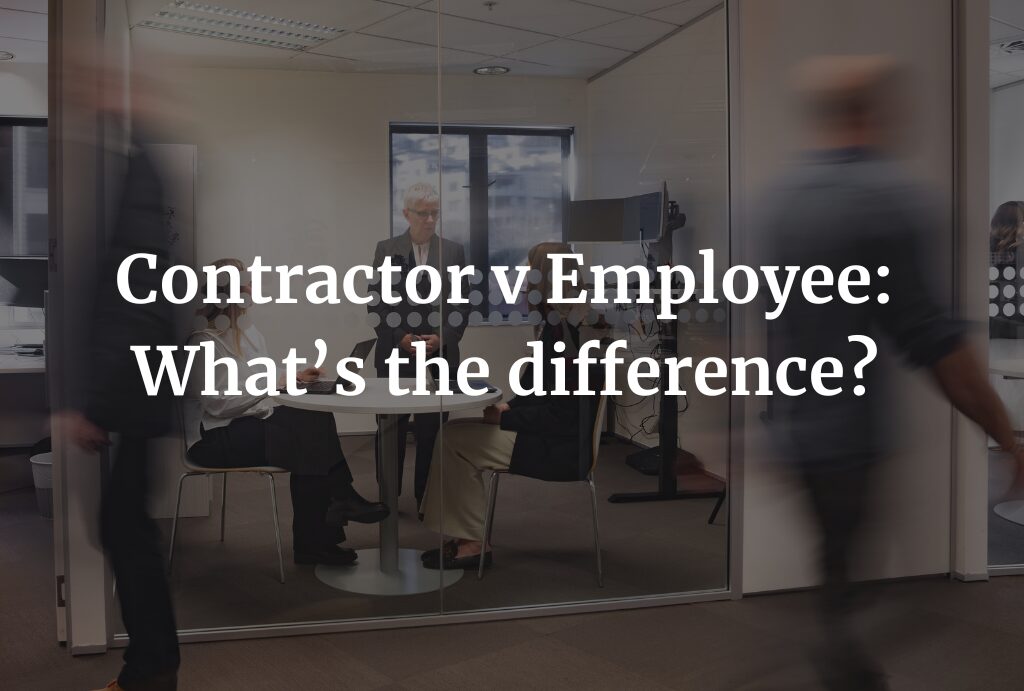The difference between an employee and a contractor continues to be a developing hot topic in New Zealand.
The Employment Relations Amendment Bill was introduced to Parliament in June 2025, and within it is a proposed change to provide greater certainty on the contractor arrangement, which highlights the need to get the arrangement right from the very start.
So, what is an employee and what is a contractor?
There are many differences between employees and contractors. While many might do the same jobs, the working relationship is critical to determining the actual status of the worker.
In general terms, an employee can expect:
- An employment agreement
- To receive holiday pay
- Entitlements for working on public holidays
- To be paid at least minimum wage, and to be paid a salary or wage
Conversely, a contractor can expect:
- A contract for services (not an employment agreement)
- To not receive any holiday pay or entitlements for working on public holidays
- Control over their availability
- To be paid a pre-arranged fee, and by invoice – not to receive regular salary or wage
- To pay their own tax and ACC
There are numerous other differences, but this is a starting point.
Why do I need to know the difference?
Misclassifying an employee as a contractor can be costly. If it can be proved that someone deemed a contractor has been working as an employee, employers may be held liable for a range of costs including unpaid PAYE tax and holidays and leave entitlements. If those arrangements have been in place for some time, this can be an expensive exercise.
For example, in one case, in finding individuals were employees and not independent contractors, as they had been classified, Southern Taxi Limited was liable to pay $80,000 to drivers for unpaid wages and holiday pay (Southern Taxis Ltd v A Labour Inspector (2020) NZEmpC 63).
What might change with the Employment Relations Amendment Bill?
The amendment aims to provide greater certainty for contracting parties.
It amends the definition of employee in the Act to exclude a specified contractor from the test of employment and puts in place measures to determine the working relationships.
A worker would be classified as a specified contractor when
- there is a written agreement that specifies the worker is an independent contractor; and
- the worker is not restricted from working for others; and
- the worker is
- not required to be available to work certain times or days or for a minimum period; or
- able to sub-contract the work; and
- the business does not terminate the arrangement for not accepting an additional task.
If I employ both employees and contractors, what do I need to do?
The Employment Relations Amendment Bill is with the Select Committee, so it is not enacted yet – but it’s a really good idea to review your employment agreements, your contractor agreements, and have a look at the real nature of your workers now.
For a fixed fee, Copeland McAllister’s team of employment lawyers can review your employment and/or contractor agreements and provide advice. Get in touch today, email admin@cmalaw.co.nz or phone 03 211 0153.
